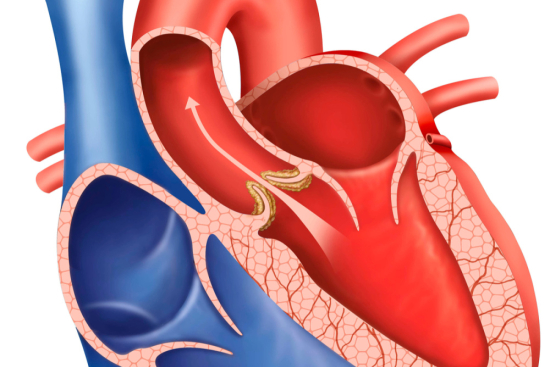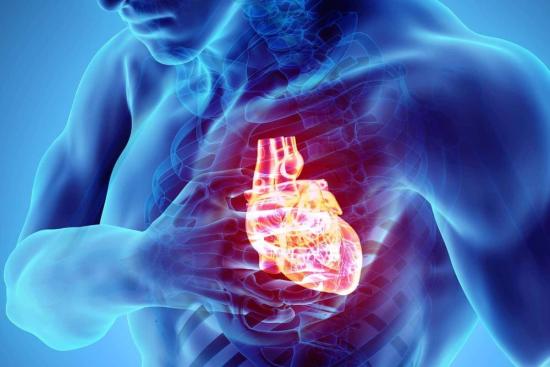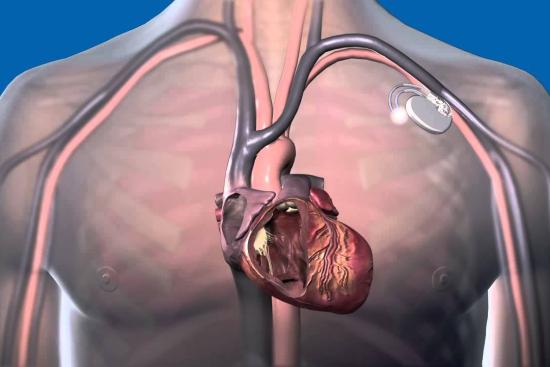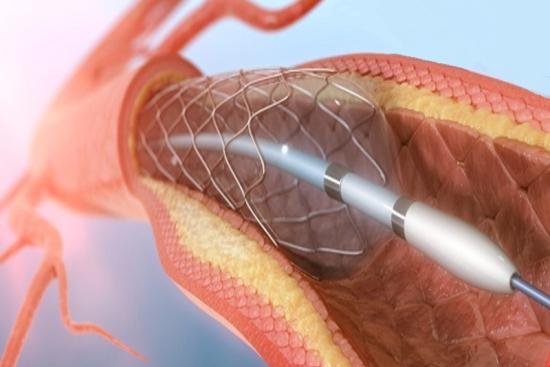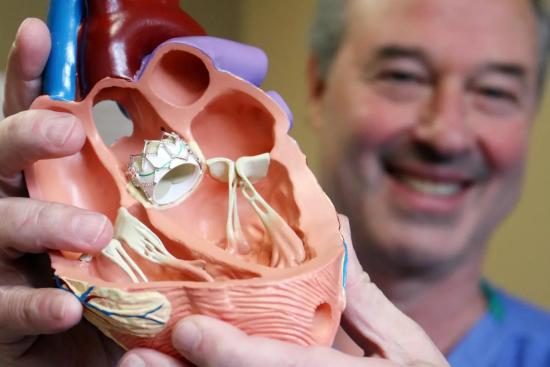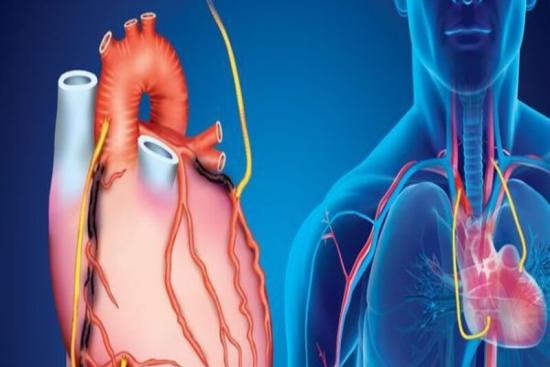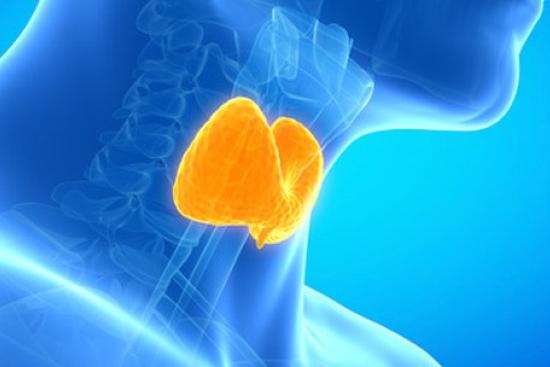Persistent fatigue, puffy face, weight gain for no apparent reason... If these signs sound familiar, they could reveal an often overlooked hormonal disorder: Cushing's syndrome.
This rare but unsettling syndrome results from an excess of the stress hormone cortisol. When produced in excess over a long period of time, cortisol can profoundly disrupt the body's normal functioning and negatively impact daily quality of life, sometimes without any clear warning.
What is Cushing's syndrome?
Cushing's syndrome is an endocrine pathology caused by prolonged exposure to abnormally high levels of cortisol. Cortisol is a hormone that is essential for regulating blood pressure, metabolism, and the body's response to stress. However, in excess, cortisol acts like a silent poison.
Cushing's syndrome can be caused by:
- Endogenous (internal): due to a benign tumor of the pituitary gland (Cushing's disease), an adrenal tumor, or ectopic secretion of adrenocorticotropic hormone (ACTH) by other tumors.
- Exogenous (iatrogenic): Often linked to the prolonged use of high doses of corticosteroids to treat inflammatory or autoimmune diseases.
Who is affected?
Cushing's syndrome is a rare condition, affecting approximately two to three people per million inhabitants per year. It primarily affects women between the ages of 20 and 50. However, iatrogenic forms caused by the prolonged use of corticosteroids are more common, particularly among patients with chronic illnesses.
When cortisol is produced in excess, the body reacts as if it is under constant stress, even at rest. As a result, the body becomes progressively depleted, which affects metabolism, the immune system, and cardiovascular health.
What are the warning signs?
It is not always easy to recognize the symptoms of Cushing's syndrome at first. They can easily be confused with the symptoms of other hormonal or metabolic disorders. However, certain characteristic signs deserve your attention and should prompt you to see a specialist.
The most common symptoms of Cushing's syndrome are:
- Rounded face, often called "full-moon face."
- Accumulation of fat on the upper back (buffalo hump), neck, and stomach.
- Purplish stretch marks on the abdomen, thighs, or arms.
- Thin, fragile skin with a tendency to bruise easily.
- Muscle weakness, especially in the legs.
- Persistent acne or excessive hair growth (hirsutism in women).
- Mood disorders such as irritability, anxiety, and depression.
- Sleep disorders.
- In women, amenorrhea (the absence of menstruation), and in men, libido disorders.
These symptoms reflect a deep-seated disturbance in your metabolism that requires medical attention, not just a question of weight gain.
What are the possible complications of leaving it untreated?
Cushing's syndrome can have serious, sometimes irreversible, health repercussions if left untreated. The main complications include:
- Chronic arterial hypertension, which increases the risk of heart problems.
- Type 2 diabetes, linked to glucose resistance caused by excess cortisol.
- Osteoporosis, with brittle bones and increased risk of fractures.
- Major cardiovascular diseases, such as stroke or heart attack.
- Significant muscle weakness, reducing mobility and quality of life.
- Frequent infections, due to a weakened immune system.
- Cognitive problems, such as memory loss and difficulty concentrating.
Given these risks, it's crucial not to underestimate this disease and to consult a specialist promptly for an accurate diagnosis and appropriate treatment.
How is Cushing's syndrome diagnosed?
Diagnosis can be complex and time-consuming because its symptoms are insidious and resemble those of other diseases. A rigorous, specialized approach is needed to establish a reliable diagnosis.
Key steps in the medical diagnosis process include:
- A 24-hour urine cortisol test: This test measures the total amount of cortisol produced by the body over a day.
- The dexamethasone suppression test: In this test, a corticosteroid (dexamethasone) is administered, which inhibits cortisol production in a healthy person. If this inhibition does not occur, it suggests hypercortisolism.
- Nocturnal salivary cortisol assay: This test measures cortisol levels at night, when they should be low. Disruption of the circadian cortisol rhythm is an important sign.
- The ACTH (adrenocorticotropic hormone) assay : helps determine the origin of hypercortisolism: pituitary, adrenal, or ectopic.
- Medical imaging (pituitary MRI or adrenal CT scan): These examinations are designed to visualize any abnormalities responsible for the syndrome.
A full endocrinological workup is often necessary to confirm the diagnosis and determine the most appropriate treatment.
What are the treatment options for Cushing's syndrome?
Cushing's syndrome treatment depends on the identified cause. When the syndrome is endogenous, several options are considered, depending on the source of the excessive cortisol production.
- Pituitary surgery is an option if an ACTH-producing pituitary tumor is present.
- Adrenal gland removal is another option if an adrenal tumor is responsible.
- Drug treatment involves taking drugs to block excessive cortisol production.
- Pituitary radiotherapy is used in certain specific cases, notably when surgery is not possible or has been unsuccessful.
For iatrogenic Cushing's syndrome, the treatment involves gradually reducing the corticosteroid dosage. This process must be carried out under strict medical supervision to avoid side effects or complications.
Once the cause of the syndrome has been treated, the symptoms tend to gradually subside. However, regular medical follow-up is essential to monitor the disease's progression and adapt treatment if necessary.
Living with Cushing's syndrome: Advice and support
The post-treatment phase of Cushing's syndrome is often lengthy and requires comprehensive support to restore physical and mental balance. There are practical tips that can help you get through this period more smoothly and promote recovery.
Gentle muscle reeducation is often recommended to gradually improve tone and mobility. In terms of diet, a low-salt, high-calcium diet is recommended to limit certain side effects associated with the disease and its treatment.
Psychological support also plays a key role in helping you manage changes in body image and mood disorders that may arise. Additionally, regular endocrine follow-up is essential to monitor hormonal balance and adapt care as the disease progresses.
Particular attention must be paid to monitoring cardiovascular factors, as these are often affected by Cushing's syndrome.
Lastly, having the support of a competent and attentive medical team is crucial for getting through this ordeal with peace of mind.





